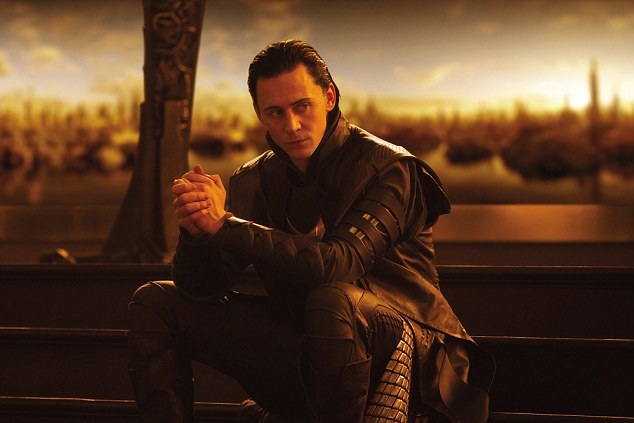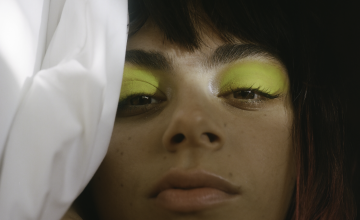By Nico Pascual
Image: Rotten Tomatoes
For the creatives of the world, science now has some interesting news for you. A recent study conducted by psychologist John Galang, of De Lasalle University – Manila, and published in the Personality and Individual Traits Journal, has found out that creatives such as artists and musicians are more likely to manifest trails commonly found in psychopaths.
According to the Daily Mail, the researchers set up three experiments to find what they called the dark triad of traits commonly found in these individuals – narcissism, psychopathy, and Machiavellianism – which are essential traits to become a master of manipulation. The first two experiments surveyed 503 people and 250 college students, while the last one asked 93 students to undergo tests focused on gambling and divergent thinking.
Overall the research found that creative individuals need less emotional restraint, more dishonesty, and have the inclination to make bold decisions to find success. The authors added that, “We argue that emotional disinhibition, in the form of psychopathic boldness, is actually integral to some creative personalities and functionally related to the creative process.” They also pointed out that these behaviors aren’t essential to the creative personality, but rather it just happens to coincide with it.
But on the upside, they mentioned that creatives inherently have prosocial traits as opposed to antisocial ones, which still allows them to fit in society but they might have a hard time empathizing with others. This basically means that creatives usually won’t go off the deep end and do this:
But the authors are hopeful that this study could open up new research surrounding creativity. They hope that this model fosters new studies which can cultivate a creative’s positive traits, such as boldness, in both the educational and professional setting. They concluded by saying, “whether as a hero or a villain, such as Loki, tricksters appeal to audiences because of their ability to solve problems through cleverness, and always with liberal applications of skullduggery. It could turn out that the price of human discovery, whether we like it or not, is to give the Trickster more credit.”
Read the full study here.

























Comments